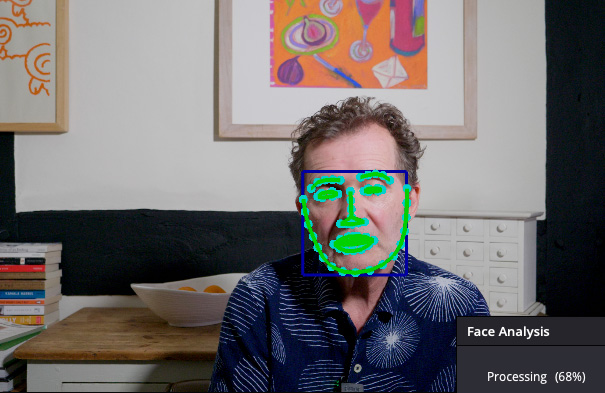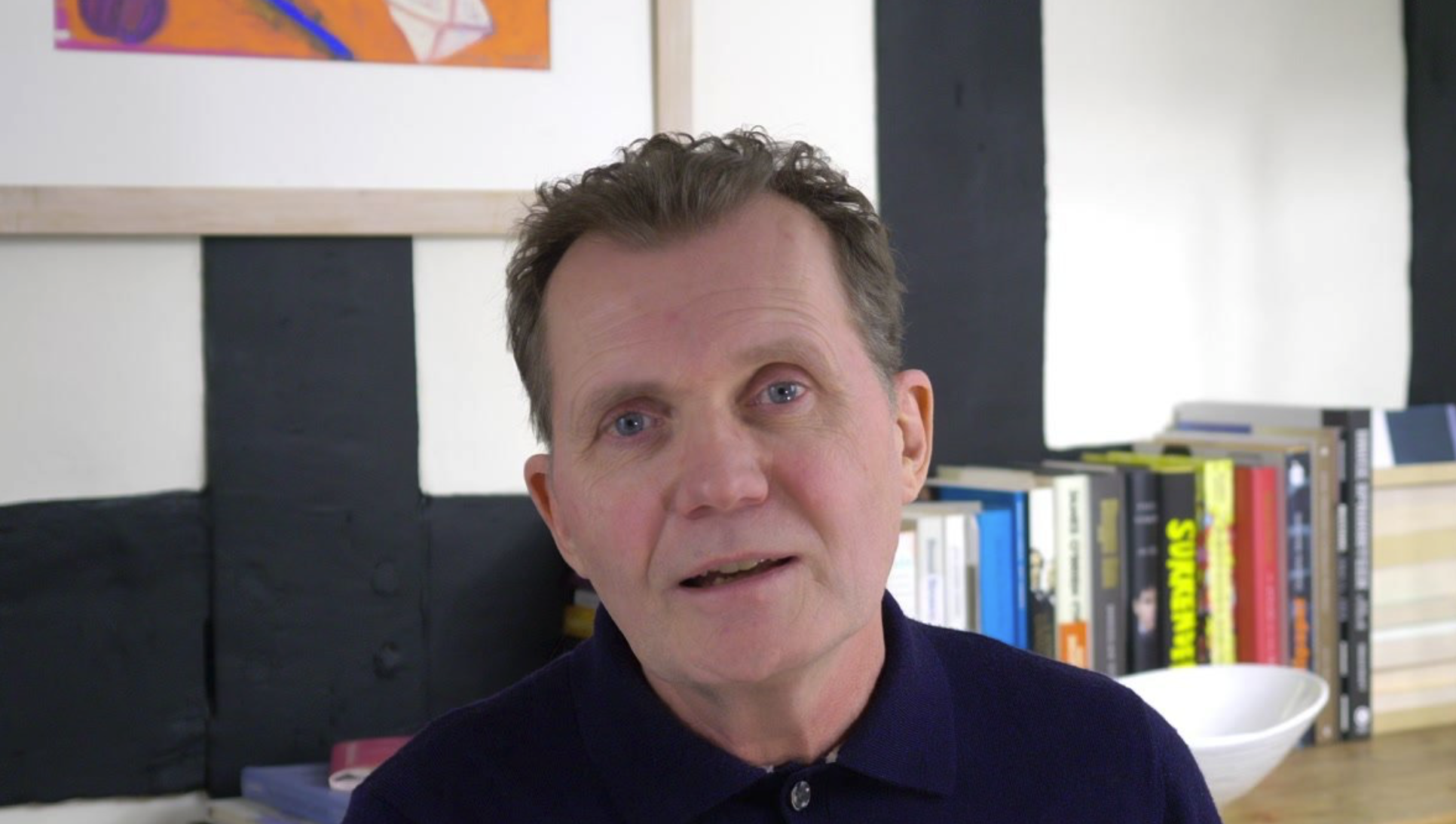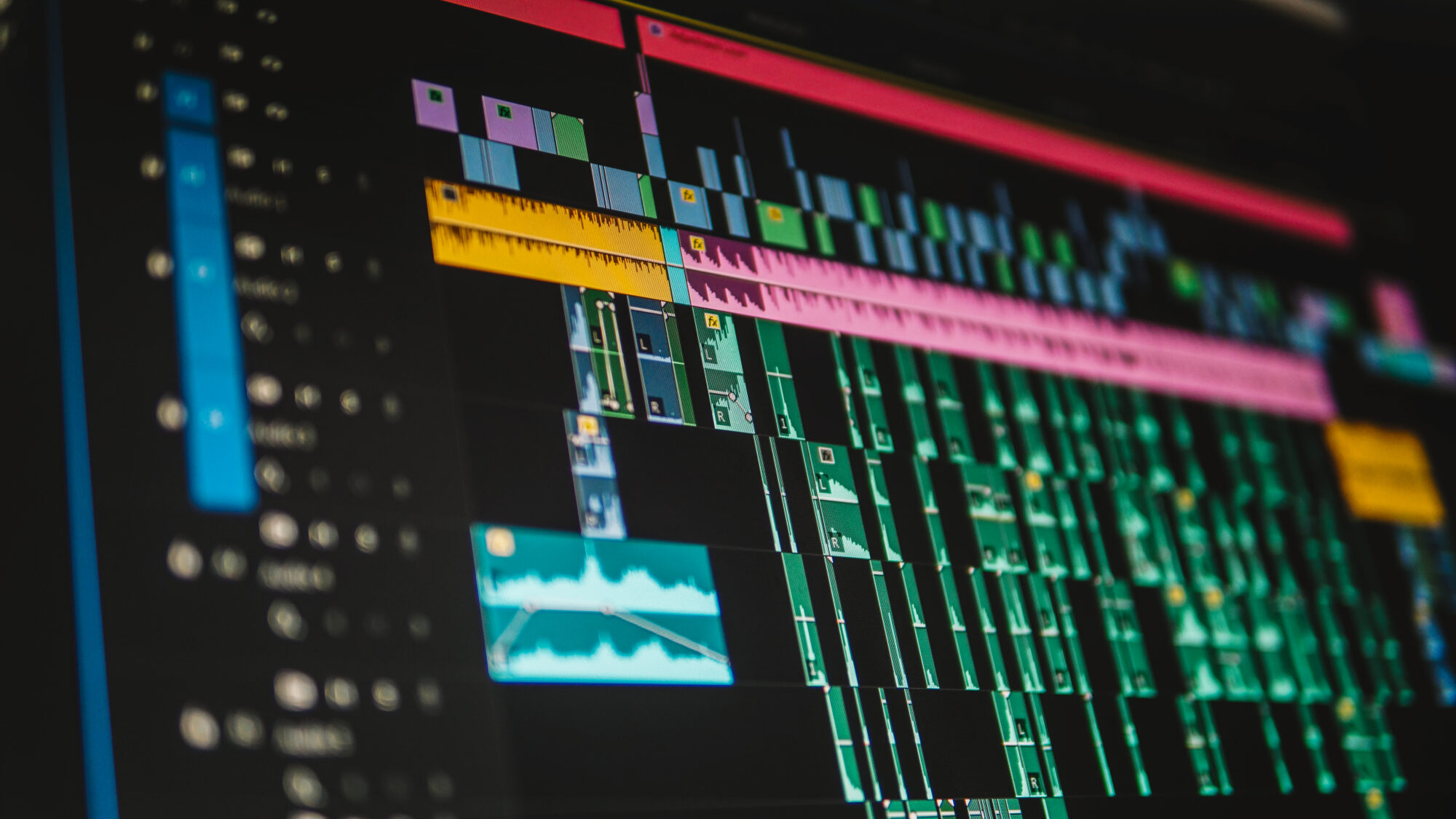How to beat AI in search
The clip above talks about the massive increase in AI generated content and how that is affecting SEO for businesses of all sizes.
I also talk about how video gets over that, particularly in the way we produce it and what we do to research what needs to be included for search engines to list, and code it so they can ‘read’ the content. But most importantly that we are getting you to talk about real life experiences, your passion for what you do and your services. This is the gold that the search engines want and also the content that AI simply can’t produce, it can’t write about your experiences, your beliefs, your passion. But we can and we can help you deliver that superbly, even if you’ve never spoken on camera before. It does take time, but we give you that time.
There is more though to AI than it’s ability to clog up search.

The clip above is shot 4K on a GH5 2, well lit and using a manual vintage Olympus pro lens to give a slightly softer look as I’m not getting any younger. The colours are matched to an ARRI look which is quite cinematic but had it gone wrong, there would still be lots I could do.
My preferred editing software is Davinci Resolve, though we use Final Cut and the full Adobe Suite and Catalyst too, and Resolve has this lovely AI driven tool we can use.
It analyses the whole face across a complete clip, not just a single frame, and we can adjust colours and exposure easily just on the face, adjust the balance and smooth skin, remove wrinkles and brighten eyes, without it affecting the background or any other element in the clip. Without AI that could take a week.
Then there is researching and writing draft scripts and articles for which we do use AI extensively.
The aim is solely to save time and therefore costs. We wouldn’t be able to offer our services to smaller companies, consultants and artisans without AI as the research would make us too expensive and keep us just working for large agencies. And while I’m sure lots of people will view the research beforehand as irrelevant, I’d beg to differ. It would be like trying to score a goal blindfolded.
I use AI to search relevant info on companies and their competitors and markets, that fit with consumer intent research based on Google search principally, then I get AI to take the parts I want and to generate a script in my style covering those and other posts I want to bring in.
The results are pretty unusable as they are but they give me a basis to edit the details without having to rewrite from scratch, as it is already in a style very similar to mine.
I read an article in the Guardian this morning that I think illustrates the capabilities and the limitations extremely well.
Laurie Anderson has used AI to generate lyrics and verse in the style of her late husband, Lou Reed which feature in a new exhibition I’ll Be Your Mirror, just opened in Adelaide.
“I mean, I really do not think I’m talking to my dead husband and writing songs with him – I really don’t. But people have styles, and they can be replicated.”
The results, Anderson says, can be hit and miss. “Three-quarters of it is just completely idiotic and stupid. And then maybe 15% is like, ‘Oh?’. And then the rest is pretty interesting. And that’s a pretty good ratio for writing, I think.”
In our case, we can prompt AI to deliver something in my style, or a clients, that saves time and enables us to create something with lots of good, accurate, engaging information far quicker than creating from scratch.
As I say in the clip, AI isn’t going to go away so we may as well use it responsibly to benefit each other.





